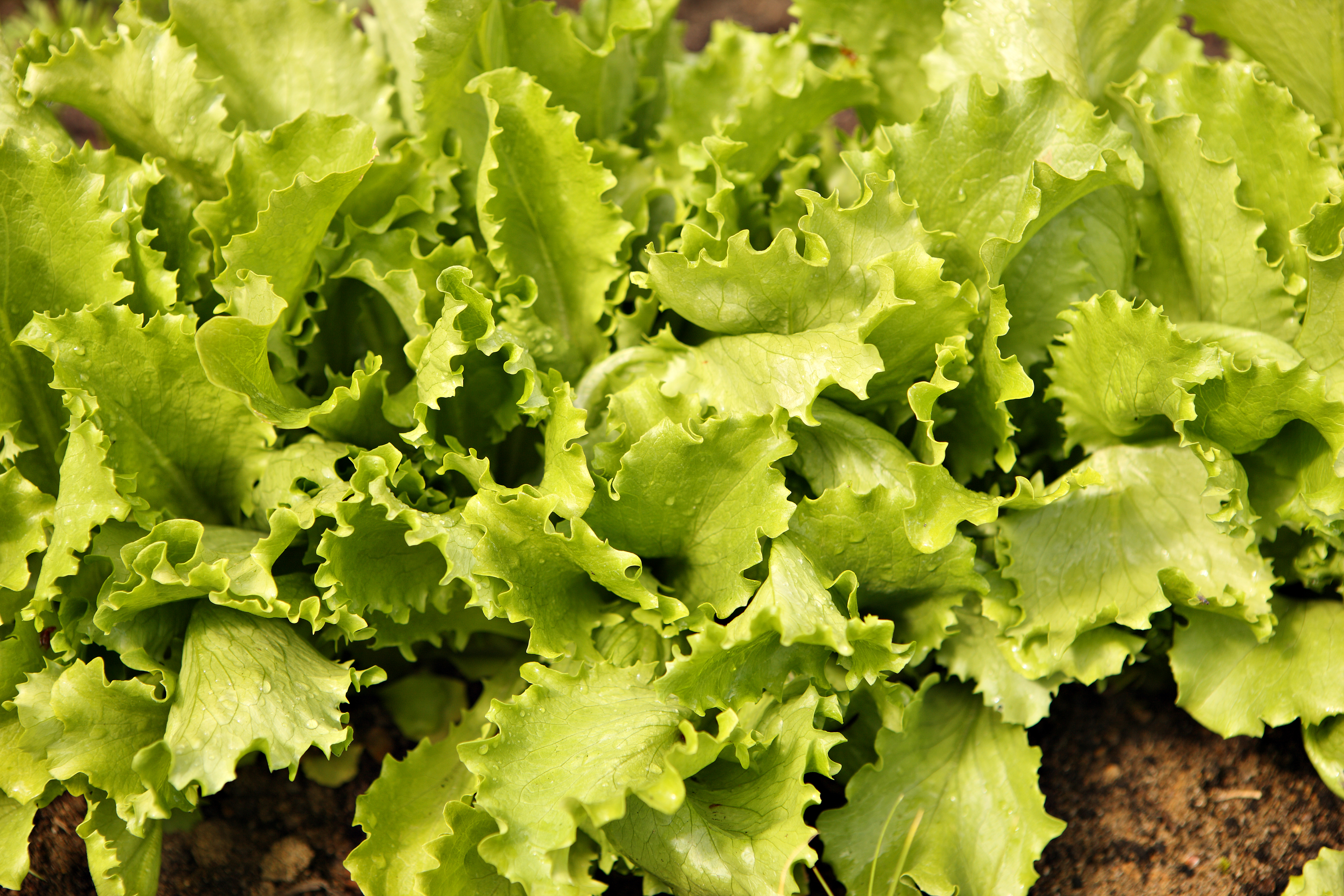32 Popular Foods That Get Recalled For The Riskiest Reasons
Food recalls might seem like background noise in the news cycle, but they can carry serious health risks—from salmonella outbreaks and listeria contamination to hidden allergens and even shards of glass or metal. These aren’t rare, one-off incidents—they happen more often than you’d expect, affecting everything from fresh produce and pantry staples to frozen meals and restaurant favorites. That’s why we’ve expanded our list to 32 commonly recalled foods that could be lurking in your kitchen right now. Whether it’s leafy greens repeatedly linked to E. coli, processed meats recalled for listeria, or popular snacks with undisclosed allergens, each item on this list has a history of being pulled from shelves for potentially dangerous reasons. Understanding which foods are most vulnerable—and why—can help you shop smarter, eat safer, and protect yourself and your family from preventable health hazards.
1. Leafy Greens: The Hidden Risks in Your Salad Bowl

Leafy greens, such as spinach and lettuce, are often at the forefront of food recalls due to their susceptibility to contamination by pathogens like E. coli and Salmonella. These pathogens can be introduced at various stages of production, from irrigation with contaminated water to handling during packaging. The popularity of ready-to-eat salad mixes has exacerbated these risks, as the convenience of pre-washed greens often leads to complacency in washing them before consumption. The agricultural practices and supply chain logistics involved in producing leafy greens add layers of complexity to ensuring their safety. Understanding these dynamics is crucial for both consumers and producers in mitigating the risks associated with these nutritious yet vulnerable foods.
